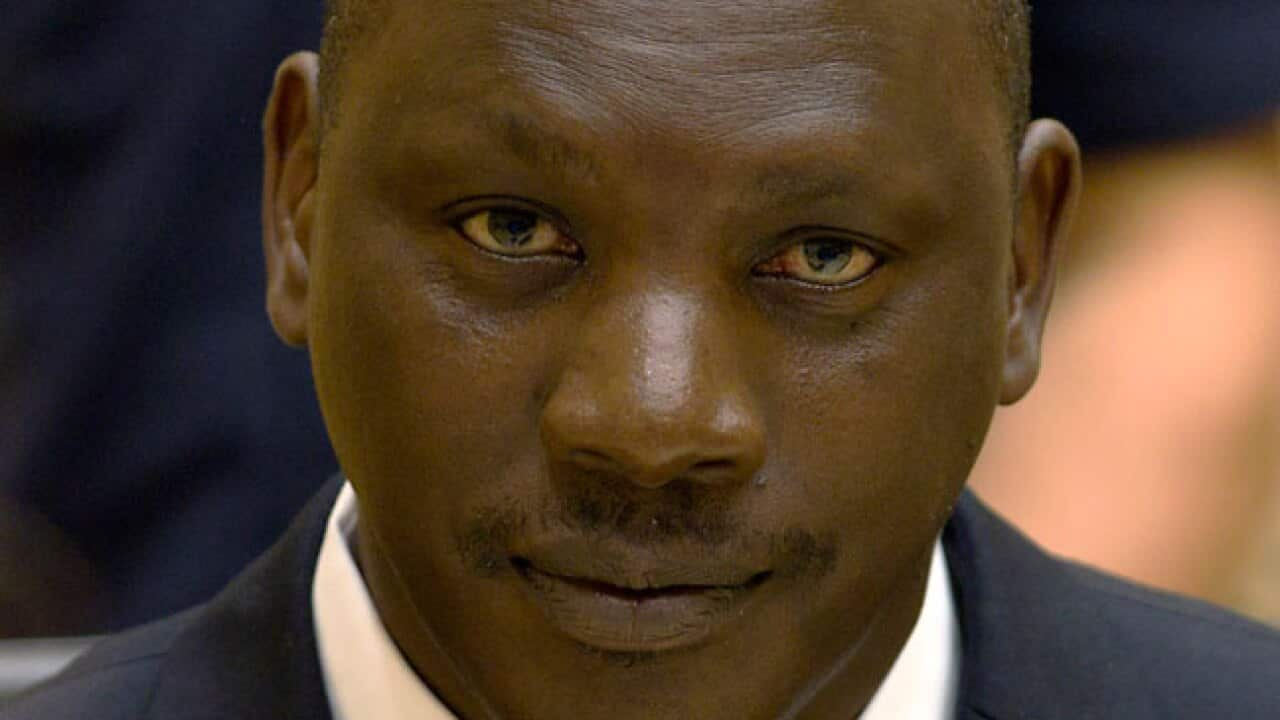Born in 1960, Thomas Lubanga, a one-time psychology student, is the former leader of a powerful militia in the Democratic Republic of Congo, the Union of Congolese Patriots (UPC).
The militia was one of six that battled for control of the gold-rich Ituri region until 2003.
The war began as a conflict over the control of land, but soon descended into violence with the increasing use of arms and involvement of members from the Ugandan army.
It is estimated 50,000 people were killed in the conflict with thousands left homeless.
THE CHARGES
Mr Lubanga was the first person to be arrested under a warrant issued by the International Criminal Court after he was arrested in 2005 by UN peacekeepers.
First transferred to The Hague in 2006, the alleged UPC founder and chief commander of its
military wing went on trial in January 2009. Arguments closed in August last year.
He is accused of war crimes by the International Criminal Court, including seizing children under the age of 15 and sending them into war to maim and kill.
He pleaded not guilty to the crimes, which prosecutors said occurred in 2002-2003 during ethnic fighting in the Ituri region in north-eastern Democratic Republic of Congon (DRC).
Prosecutors alleged that the Patriotic Forces for the Liberation of Congo (FPLC) militia under Lubanga's control abducted children as young as 11 from their homes, schools and football fields.
They were taken to military training camps, where they were beaten and drugged. Girls among them were used as sex slaves, prosecutors told the court.
ICC'S FIRST TRIAL
The trial is the International Criminal Court's first since it opened its doors in 2002.
But the court is facing growing criticism over its handling of the case over the past four years.
Even longtime supporters of the court, established in The Hague to deal with large-scale atrocities, say they are frustrated by what many call the unacceptably slow pace and numerous missteps that have dogged the trial.
At the start of the trial, the chief prosecutor, Luis Moreno-Ocampo, presented it as a signature case that would show the world the atrocious plight of child soldiers and their destroyed lives.
During 204 days of hearings, prosecutors called 36 witnesses, the defence 24 and three represented victims.









